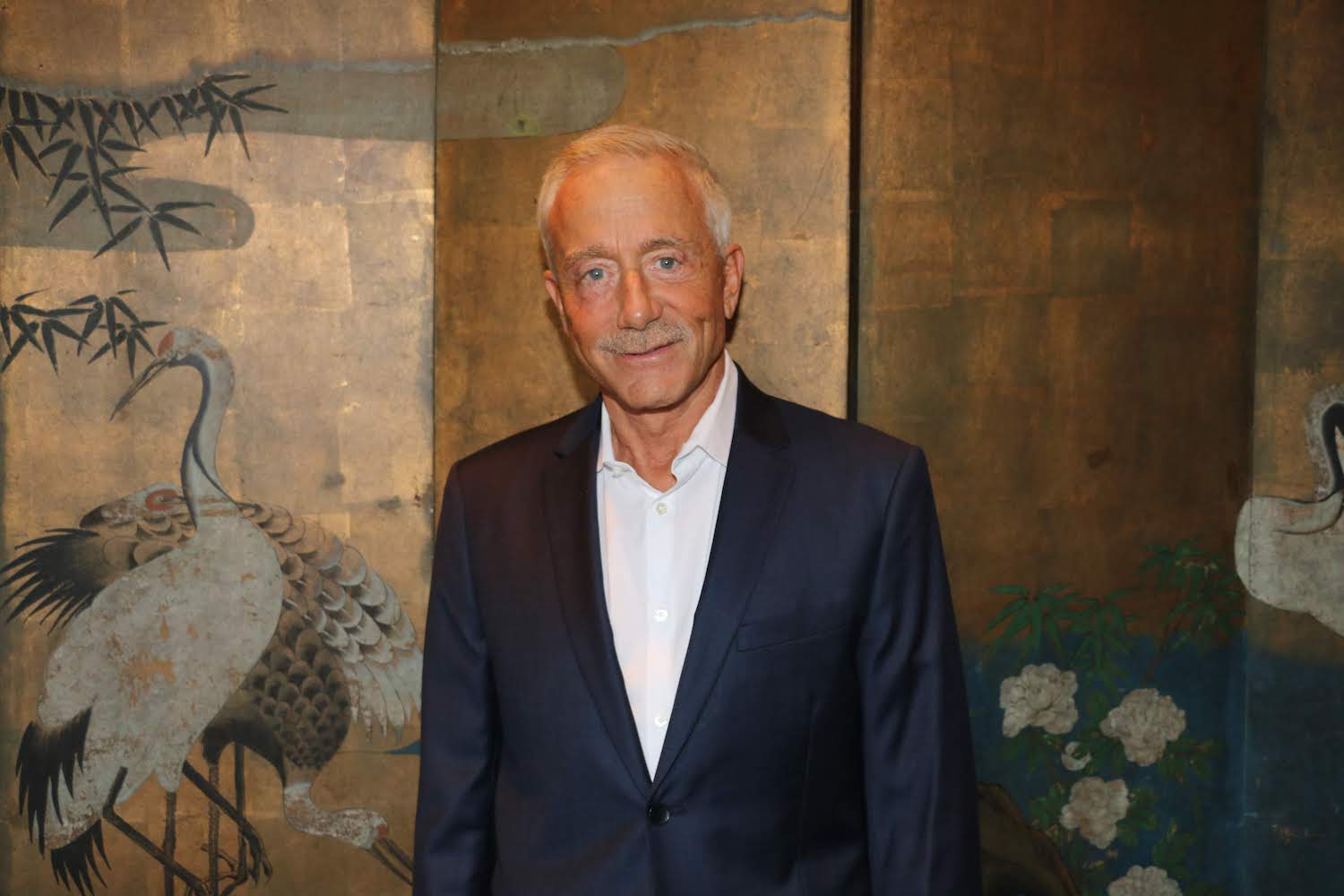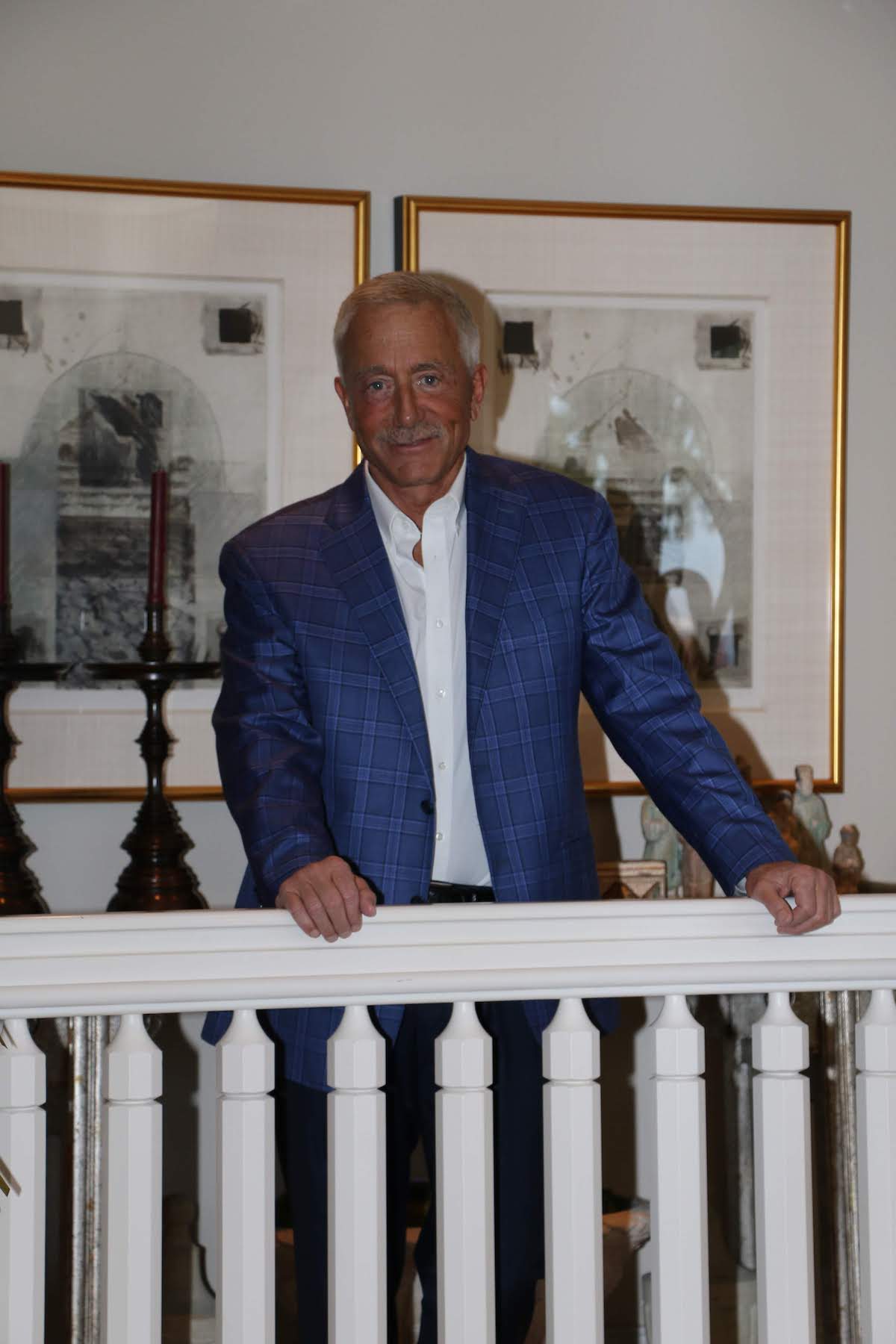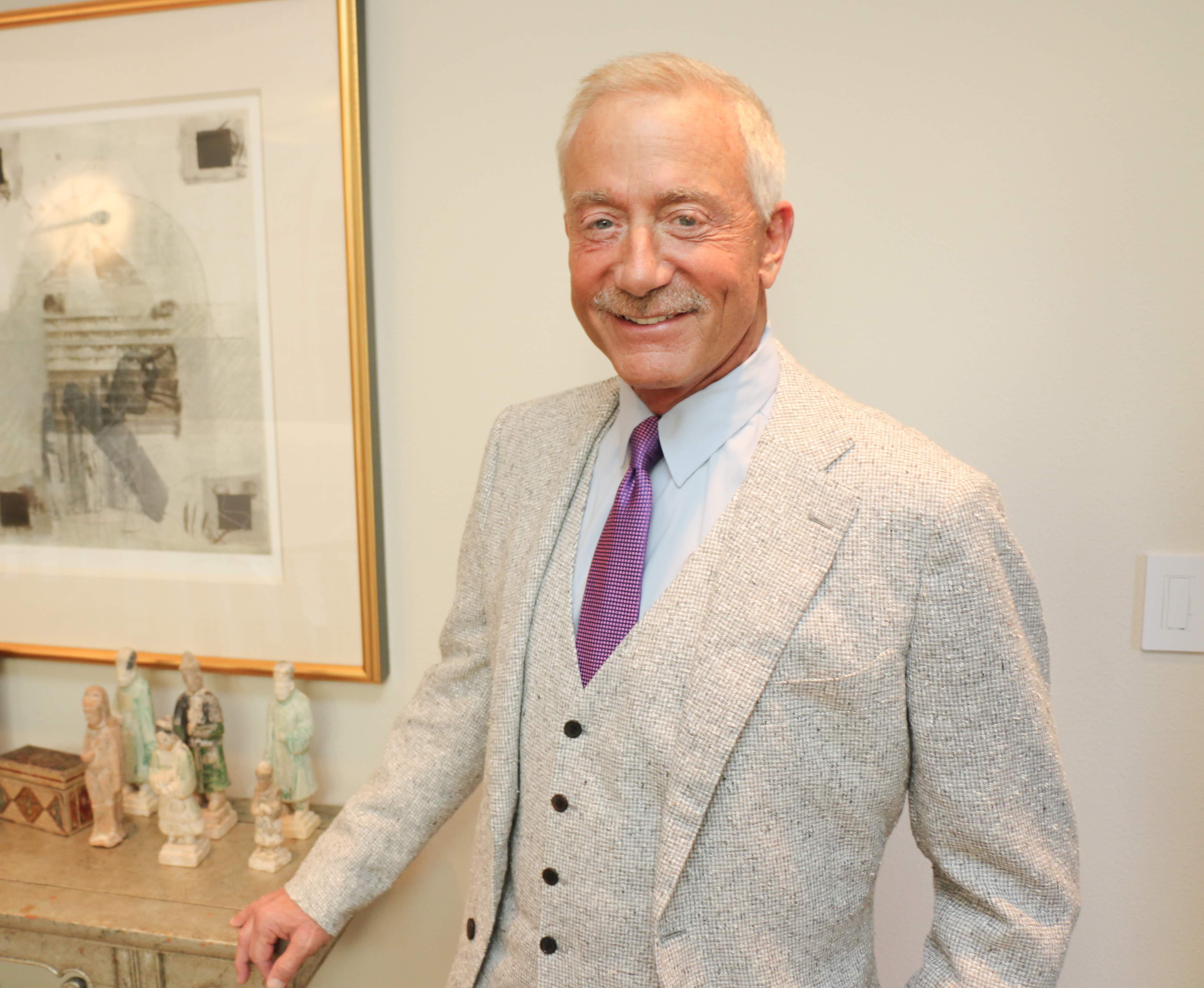PORTLAND, OR / ACCESS Newswire / February 5, 2025 / Terry Bean, a trailblazer in the fight for LGBTQ+ equality and co-founder of the Human Rights Campaign (HRC), reflects on the evolution of the nation's largest LGBTQ+ civil rights organization. As HRC continues to advocate for equality and inclusivity in a rapidly changing landscape, Bean emphasizes the importance of both celebrating its achievements and focusing on the challenges that lie ahead.
The Early Days of the Human Rights Campaign
Founded in 1980, the Human Rights Campaign began as a small but determined organization with a singular mission: to advance the civil rights of lesbian, gay, bisexual, transgender, and queer individuals. Terry Bean, alongside other passionate advocates, envisioned an organization that would serve as both a political force and a support system for LGBTQ+ individuals.
"When we started HRC, LGBTQ+ rights were barely a conversation in the halls of power," said Bean. "Our community was facing immense discrimination, and we needed a unified voice to demand change."
In its early years, HRC focused on building a political action committee (PAC) to support pro-LGBTQ+ candidates and legislation. Through grassroots fundraising and strategic lobbying, the organization quickly gained traction, becoming a significant force in Washington, D.C.

Milestones and Achievements
Under Bean's leadership and the efforts of countless activists, HRC achieved significant milestones that reshaped the landscape of LGBTQ+ rights in America. From its early advocacy for anti-discrimination laws to its instrumental role in the fight for marriage equality, HRC has been at the forefront of many pivotal moments in LGBTQ+ history.
One of the organization's landmark achievements was its involvement in the repeal of "Don't Ask, Don't Tell," a policy that barred openly gay, lesbian, and bisexual individuals from serving in the military. HRC's relentless lobbying efforts helped pave the way for a more inclusive armed forces, a victory that Bean cites as a testament to the power of sustained advocacy.
"The repeal of ‘Don't Ask, Don't Tell' was more than a policy change-it was a statement that LGBTQ+ individuals belong in every aspect of society," said Bean. "It showed what we can achieve when we stand together."
The Power of Visibility
For Bean, one of HRC's most enduring contributions is its commitment to visibility. From the iconic blue and yellow equality logo to national awareness campaigns, HRC has worked tirelessly to bring LGBTQ+ issues into the mainstream.
"Visibility is a powerful tool," Bean explained. "When people see LGBTQ+ individuals in their communities, in their workplaces, and on their screens, it breaks down prejudice and builds understanding."
HRC's campaigns, such as "Love Conquers Hate" and its annual Corporate Equality Index, have played a crucial role in fostering acceptance and encouraging businesses and institutions to adopt inclusive policies.

Challenges in Today's Climate
While HRC has achieved remarkable progress, Bean is acutely aware of the challenges that remain. Across the United States, LGBTQ+ rights are under attack, with legislation targeting transgender individuals, drag performances, and access to healthcare.
"We're seeing a coordinated effort to roll back the progress we've made," Bean said. "It's a stark reminder that the fight for equality is far from over."
Bean points to the importance of intersectional advocacy in addressing these challenges. He emphasizes the need for collaboration with other civil rights organizations to combat systemic inequalities that disproportionately affect LGBTQ+ individuals of color, those living in rural areas, and other marginalized groups.
"Equality means nothing if it doesn't include everyone," Bean said. "Our movement must be as diverse as the people it represents."
The Role of Youth in LGBTQ+ Advocacy
As HRC looks to the future, Bean is optimistic about the role of younger generations in advancing LGBTQ+ rights. He sees their activism, creativity, and refusal to accept injustice as essential to the movement's longevity.
"Young people are leading the charge, and it's inspiring to see their courage and resilience," Bean said. "They're not just continuing the fight-they're reimagining it in ways we couldn't have dreamed of decades ago."
Bean stresses the importance of mentorship and intergenerational collaboration in fostering this new wave of advocacy. He encourages established leaders to share their experiences while learning from the fresh perspectives of younger activists.
A Vision for the Future
Looking ahead, Bean envisions a future where organizations like HRC are no longer necessary-not because the work is unfinished, but because equality has been achieved. Until that day comes, he believes that HRC must continue to evolve, adapting its strategies to address emerging issues and ensuring that its mission remains relevant.
"HRC has always been about creating change, and that requires us to stay ahead of the curve," Bean said. "Whether it's combating misinformation, supporting global LGBTQ+ movements, or addressing the unique challenges faced by transgender individuals, we must remain vigilant and proactive."
Bean also sees potential in leveraging technology to advance advocacy efforts. From social media campaigns to digital platforms that connect activists worldwide, he believes that technology can amplify HRC's impact and reach.

Reflecting on a Legacy
For Terry Bean, the journey with HRC has been deeply personal. As one of its founders, he has witnessed the organization grow from a small grassroots effort to a national powerhouse for LGBTQ+ rights. Yet, he remains humble about his role, emphasizing the collective effort that has driven its success.
"HRC's achievements belong to everyone who has ever marched, donated, or spoken out for equality," Bean said. "It's a legacy built by thousands of voices coming together to demand change."
As he reflects on the evolution of HRC, Bean is both proud of its accomplishments and motivated by the work that remains. He hopes that his reflections will inspire others to continue fighting for a world where equality is not just an aspiration but a reality.
About Terry Bean
Terry Bean is a pioneering civil rights advocate, accomplished political strategist, and co-founder of the Human Rights Campaign. Based in Portland, Oregon, he has dedicated his life to advancing LGBTQ+ rights and fostering a more inclusive society. A lifelong advocate for equality, Bean continues to inspire and empower through his work and reflections on the movement's progress.
CONTACT:
For Media Inquiries: Bean Investment Real Estate
Portland, OR
Email: info@beanrealestate.com
Phone: (415) 494-4103
SOURCE: Terry Bean
View the original press release on ACCESS Newswire

